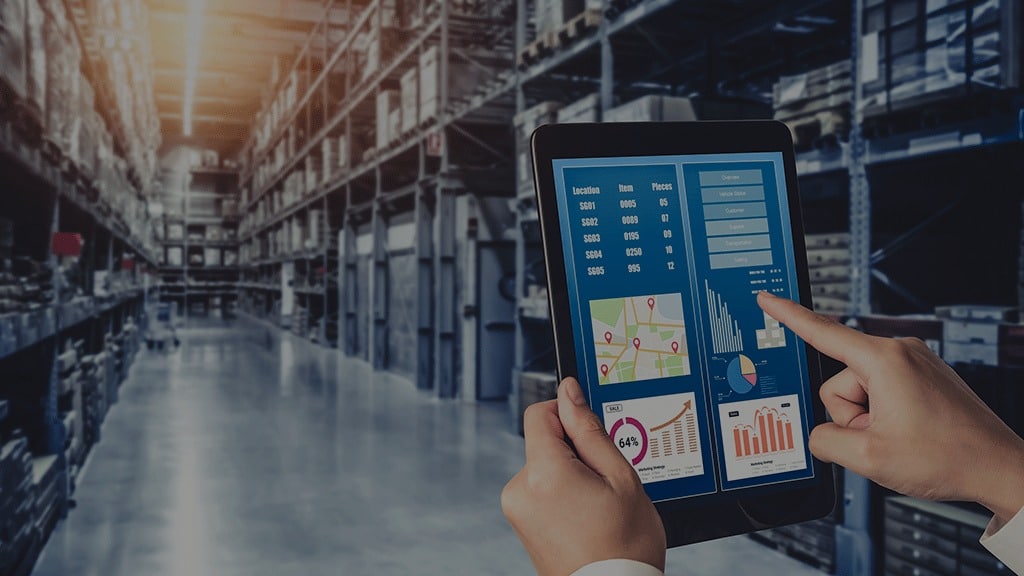Today’s recipe for business success lies in building a resilient, agile, and sustainable supply chain. Adherence to regulatory compliance in the supply chain and adoption of ethical business practices can cement an organization as a major player in the industry for years to come.
This is why many executives have sustainability at the forefront of their minds. Moreover, research shows a 23% increase in pressure from investors to improve sustainability in supply chain management.
Let’s take a deeper look into the role of sustainability in supply chain and how organizations can improve it with the help of Dynamics 365.
What is sustainability in supply chain?
Sustainability in supply chain occurs when companies consciously try to protect the people and environment across the whole chain by upholding environmental and social standards throughout their operations.
In this way, businesses can consider the impact of their product’s journey throughout the supply chain. This includes all stages from procurement of raw materials, storage, and manufacturing to distribution. The objective is to minimize harm to the ecosystem and generate a positive effect on the people and the environment.
Importance of sustainability in supply chain
The importance of sustainability in supply chain management extends beyond the company’s efforts to reduce its carbon footprint. It is now necessary for most businesses as investors actively look for companies that abide by sustainable practices in supply chain.
By implementing environmental sustainability in supply chain, not only do companies stand to elevate their brand image, but it is also a great way to legitimize company operations. Moreover, statistics show that some consumers will pay 70% more for sustainable products. These numbers reflect the demand for environmental sustainability in supply chain management.
However, as mentioned before, practicing sustainable supply chain operations takes work. Therefore, let’s examine the main challenges businesses face to ensure a sustainable supply chain.
Challenges of sustainable supply chain management
Some of the biggest challenges companies face when attempting to make their supply chain operations more sustainable include the following:
1. Increased expenses
Revaluating supply chains, establishing robust standards, and taking new steps to improve supply chain processes demands an investment of both time and money. However, once the new measures are in place and the supply chain is strengthened, it bears profits by reducing overall costs and enhancing efficiency.
2. Lack of visibility
Supply chain management can be complicated, especially for companies with a diverse portfolio of products. For example, there can be several manufacturers and suppliers for every product. In addition, many elements across the supply chain depend on each other, and a change in one can disturb the entire supply chain process.
As a result, there needs to be end-to-end visibility into the value chain to make it easier for executives to monitor the complex workings of a supply chain and create room to incorporate sustainability practices within the system.
3. Lack of eco-friendly logistics
Green logistics is a tough goal to achieve. Companies face several challenges when trying to make their logistics more sustainable. For example, limiting the use of fossil fuels during the transportation is hard. Moreover, with increasing customer demand for rapid deliveries, loads cannot be consolidated, leading to more emissions and pollution.
Keeping these challenges in mind, companies must take proactive measures to eliminate the roadblocks and successfully implement sustainability in supply chain management. A great way to do that is by employing smart software like Microsoft Dynamics 365 ERP.












